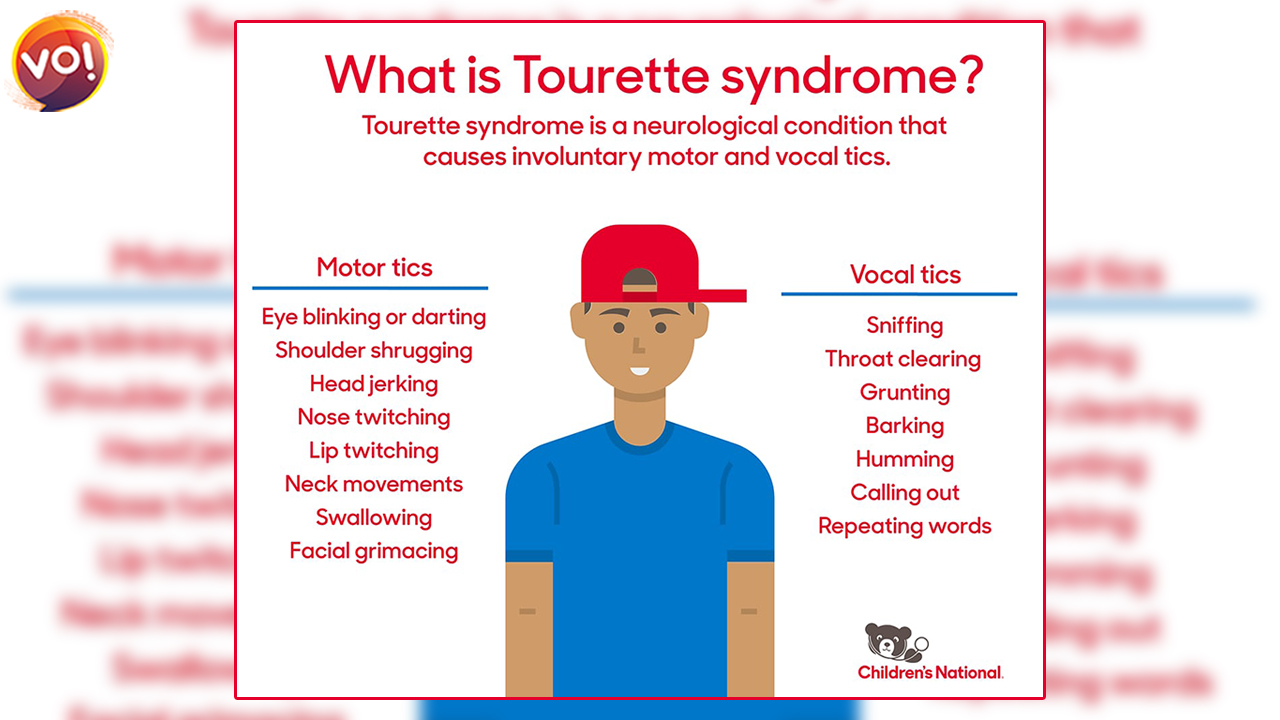Singer Billie Eilish was diagnosed with Tourette Syndrome (TS) at the age of 11. The Grammy Award winner, 20, acknowledged the neurological disorder as she had a tic while appearing recently on David Letterman’s Netflix talk show, “My Next Guest Needs No Introduction.”
Here’s everything you need to know about the condition.
What is TS?
Tourette Syndrome (TS) is a condition of the nervous system. TS causes people to have “tics”. Tics are sudden twitches, movements, or sounds that people do repeatedly. People who have tics cannot stop their body from doing these things. For example, a person might keep blinking over and over.
Is a disease? How does it happen?
The exact cause of Tourette syndrome isn’t known. It’s a complex disorder likely caused by a combination of inherited (genetic) and environmental factors. Chemicals in the brain that transmit nerve impulses (neurotransmitters), including dopamine and serotonin, might play a role.
How does one know of the disorder?
Simple motor tics include eye blinking and other eye movements, facial grimacing, shoulder shrugging, and head or shoulder jerking. Complex motor tics might include facial grimacing combined with a head twist and a shoulder shrug.
So, can it be clubbed under Autism Spectrum?
To some extent, yes. Remember autism hinders learning and might impact leading a regular life. TS is more like a condition you live with. Only rare cases are known to go through serious complications.

What is a tic?
Tics are sudden twitches, movements, or sounds that people do repeatedly. People who have tics cannot stop their body from doing these things. For example, a person with a motor tic might keep blinking over and over, or a person with a vocal tic might make a grunting sound unwillingly. While the exact cause of tics is still not known, many people compare the feeling of having a tic to having an itch or having to sneeze. You may try to stop the feeling, but eventually you will probably scratch or sneeze and you will feel a little better until the urge comes back.
Signs to watch out for tics:
It usually starts during childhood, but the tics and other symptoms usually improve after several years and sometimes go away completely. Some noticeable indications are: blinking, eye rolling, grimacing, shoulder shrugging, jerking of the head or limbs, jumping, twirling, touching objects and other people.
In Billie’s case, she explained: “I never, like, don’t tic at all because the main tics that I do constantly all day long are, like, I wiggle my ear back and forth and, like, raise my eyebrow and click my jaw and do that and flex my arm here and flex this arm and flex these muscles. These are things you would never notice, like, if you’re just having a conversation with me. But for me, they’re very exhausting.”
Also Read: Seven Hours Of Sleep Ideal For 38+, Says New Research













